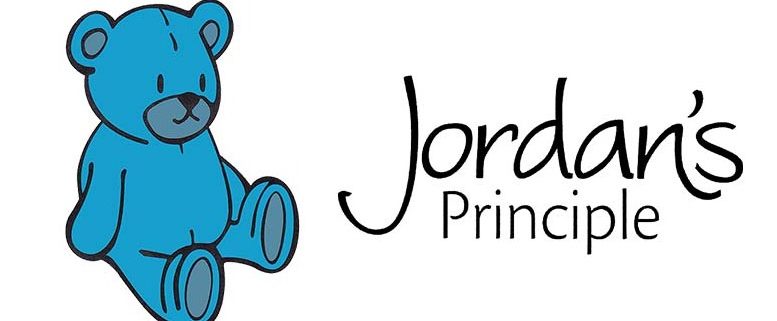January 10, 2019 (Ottawa, ON) – The Congress of Aboriginal Peoples applauds the First Nations Child and Family Caring Society for their order to the Canadian Human Rights Tribunal (CHRT) calling for the federal government to cover urgent health care for non-status First Nations children living off-reserve under the Jordan’s Principle.
An interim hearing is taking place at the CHRT on the case of non-status children this week. Previously in January 2016, the CHRT issued a landmark ruling that the federal government was discriminating against First Nations children in its underfunding of the delivery of child welfare. As part of the ruling, the CHRT ordered Canada to take immediate action to ensure its program budget responds to the unique needs of First Nations children and families and to apply Jordan’s Principle to all First Nations children on and off reserve. In the ruling, the tribunal did not make a distinction between status and non-status First Nations children, yet the federal government is arguing that Jordan’s Principle only applies to status First Nations.
“All Indigenous children should be able to access urgent services, without facing discrimination based on their status or residence,” argues National Chief Robert Bertrand. “We have the 2016 CAP Daniels decision that clarifies the federal government is responsible for Métis and non-status Indians.”
The 2016 Supreme Court of Canada’s unanimous decision in Daniels v. Canada was a landmark victory for CAP giving clarity that Métis and non-status Indians fall under the federal government’s jurisdiction and fiduciary duty. As stated in the Daniels decision, “[Métis and non-status Indians] are deprived of programs, services and intangible benefits recognized by all governments as needed.” The Congress advocates that all Indigenous children should have access to programs and services and especially in the case of urgent health needs.
“The government continues to fight against Indigenous children, while the protection and welfare of the child should be the number one priority,” concludes National Chief Robert Bertrand, “we recognize the tremendous work the First Nations Child and Family Caring Society is leading for First Nations children. All Indigenous children must be treated with both dignity and respect with their essential needs met.”







Services should be targeted at all Canadian children. Once we start distributing services based on the religion, race, or culture of a child, we run into these problems.
It is ironic when these outcomes occur, and it is evidence that Governments must not be swayed by special interest groups, and instead provide service without discrimination.